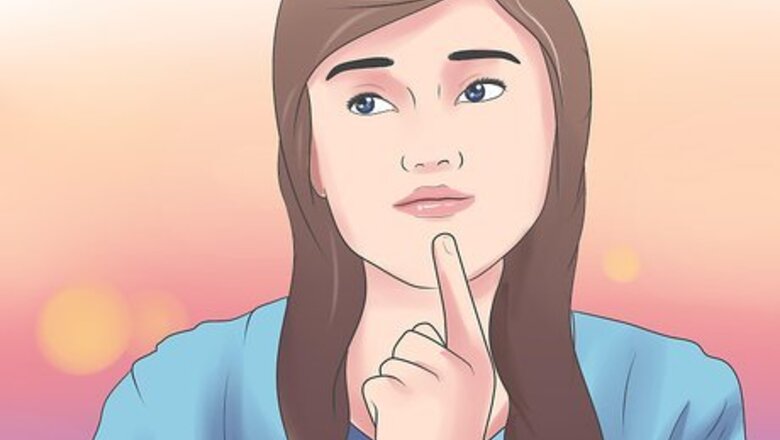
views
Learning About Infatuation
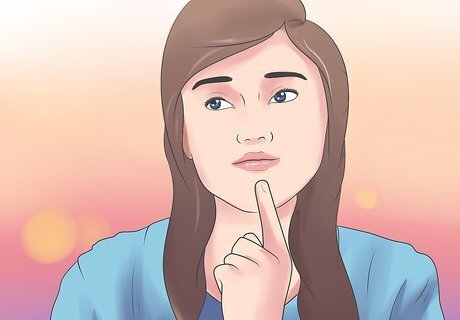
Think about whether you have persistent and intrusive thoughts about one person. You may be surprised at how often you think about that person. It may be irritating to you and difficult to distract yourself from. If your thoughts are very romantic and obsessive about that person, or if they cause you dread and anxiety inducing feelings of near panic, you may be infatuated. For example, you might say to your friend "I can't stop thinking about this person!"

Discover if you have intense swings in emotion. If you have major mood swings depending on how you think the person you like feels about you, you may be infatuated. You may feel utter joy and sheer happiness, if you think the person likes you back. Or, if you don't get enough of a response from them, or you think that the person does not like you back, you can become completely dejected, sad or upset. Also, you switch between the two emotions very quickly. At one moment you entertain the possibility of your feelings being reciprocated, but at the very next moment you hit a wall of fear when you consider something new and decide that the person could not possibly feel the same way about you.
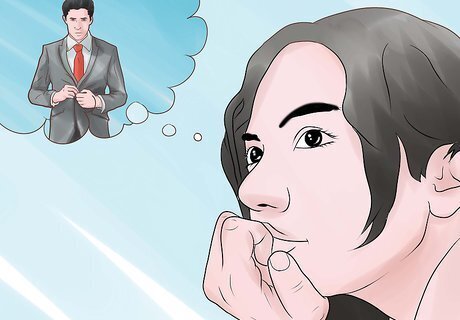
Realize that you are fantasizing about an unrealistic future. You imagine that your life from now on will involve this person, and you find yourself redefining your life in the big picture in terms of this new person. If you believe that your bond is forever with someone you have recently started having feeling romantic feelings for, you may be infatuated.

Find out you desire one person. A person who is infatuated will typically have romantic feelings for that one person. Additionally, the infatuated person will want to be the only person for the person they desire.
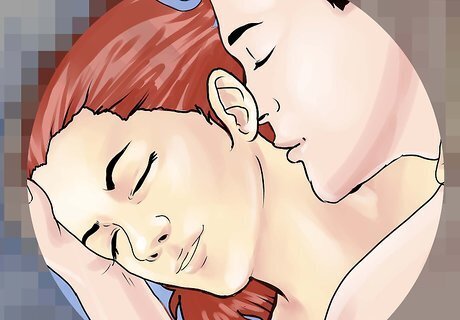
Consider whether you have sexual fantasies about that person. In a report, studies showed that 87% of people who were infatuated desired their love object sexually. Having sex, however, was not the main, driving part of the people’s desire for the person they were infatuated with. Most often, the people who were infatuated wanted to share an emotional connection with that person above anything else.
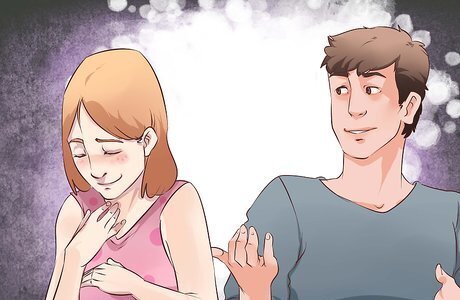
Discover whether you only see the good in that person. People who are infatuated typically only notice the good things in the person they have feelings for. They also do not seem to notice or care about the negative qualities of that person. They may be able to tell you about the bad qualities of the person they are infatuated with; however, they will not feel very convinced that those qualities are important. This quality of infatuation can become dangerous. Because, you may notice that you are with someone who does not suit you well after the initial infatuation period is over.
Falling Out of Infatuation
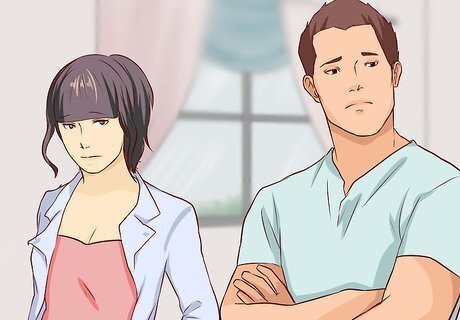
See the truth about your differences. Often you will start to fall out of this stage of infatuation once you have gone through all of the possibilities of planning a life together and notice the reality of the situation. For example, you know that you want kids and the other person does not want kids. Maybe you thought that you could work through this, but as time goes on you start to see how much more important this is to you than you thought. The things you realize about the person after the infatuation period is over are not always incompatible with who you are or your life. For example, you may realize that even though at first you didn't think that her family living in Hawaii would be a challenge, that it is a real challenge. However, the challenge is worth it to you.
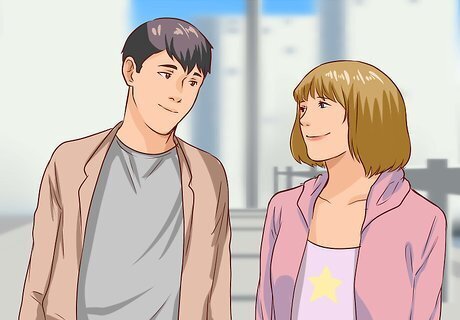
Find information about how he/she feels about you. Once you have enough data to know whether or not the person you are infatuated with really loves you or does not love you, you will begin to leave the infatuation stage. Over time, even the most infatuated person will start to pick up on the patterns that they are going through with love/unrequited love. This accumulated experience will help the infatuation period come to an end.
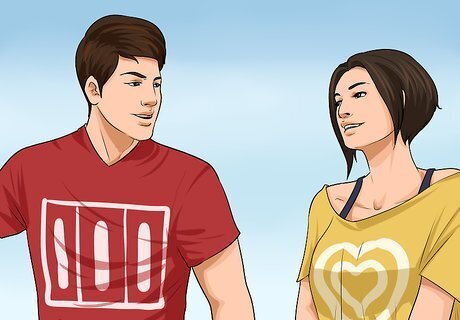
Discover most everything about the other person. If you have spent a lot of time together, had enough talks, and done enough things together that you finally feel like you really know him/her, you will likely be coming to the end of your infatuation. Based on what you see, does this person seem like a person who would be well suited for you and who you would be good for?
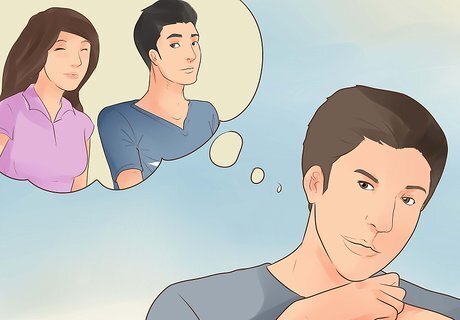
Evaluate the way this person fits into your life. After infatuation, couples can successfully transition into long term, loving, and committed relationships. However, the opposite is also possible. It is possible that you were with someone who was not right for you in the long run, but you were unable to see that because of your feelings of infatuation. Does this person share the same interests, goals, values and lifestyle that you do? Does this person bring out the good side in you? Or was the relationship all about the chemistry that you shared?
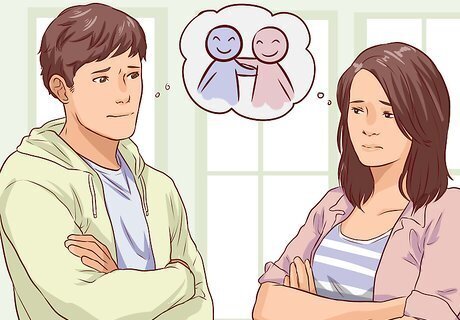
Decide whether to cut the relationship off or try to make it work. Based on your knowledge, decide whether this relationship is a good choice for your life. If you decide that you want to be with this person, move forward and work to build communication, compassion and work into your relationship so that it lasts. If you decide that this relationship is not right for you, you should break up.
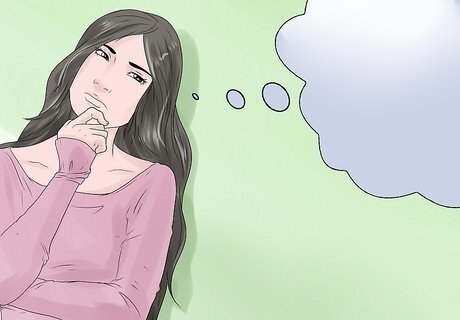
Think about how long it has been. Infatuation lasts between 18 months and three years, typically. Infatuation does not generally last longer than that unless it is prolonged by a long-distance relationship or deep insecurity in the person who is infatuated. Off again/on again relationships can also cause the infatuation period to go on for a longer time.
Learning About Love
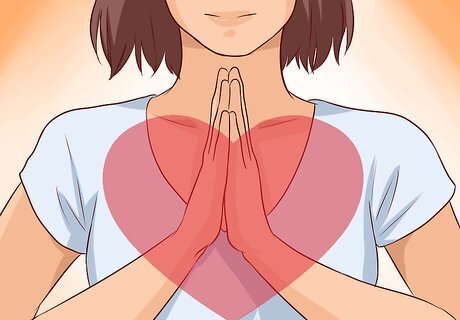
Love yourself first. Love and infatuation are two different things. Love involves commitment and compatibility. Before you can find this kind of love, even in someone you are infatuated with, you should learn to love yourself. Loving yourself means that you do not have to look for love or affirmation in someone else to feel good about yourself. You know that you are worth loving. You are not looking for a partner to make you complete, because you are already enough. If you do not love yourself and need to heal from something, you may want to try to sort through it on your own before you get into a serious relationship. Consider seeing a therapist who can teach you how to take steps toward healthy self love.
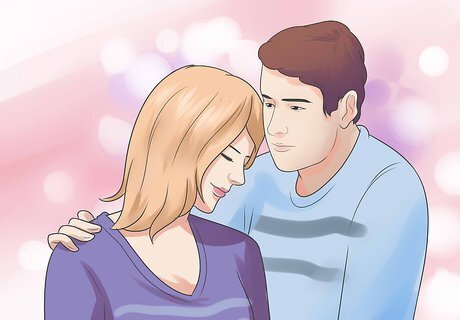
Complement the other person. If you love someone, you work to support their passions and strengths. You also acknowledge and accept the weaknesses of that person. Love does not ignore the other person’s flaws, but works to help that person grow and work through their problems. Make sure the other person complements you as well. Before you commit to a long-term relationship, find someone who challenges and brings out the best in you.
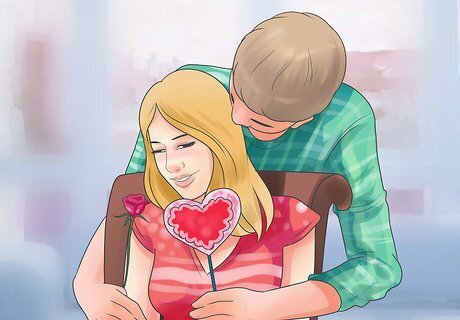
Act out your love. Real love looks for opportunities to do things for the person they love. The more shared positive experiences and hard work that the people in the relationship can share, the stronger the attachment, security and trust that will be built into that relationship. Do small things for your partner. Wash your partners dishes, leave a note for your partner, or buy them their favorite candy. Do big things for and with your partner. Take off the weekend to do something special together, plan a birthday party for your partner, or take a class together. Do things that require more time, effort and love.
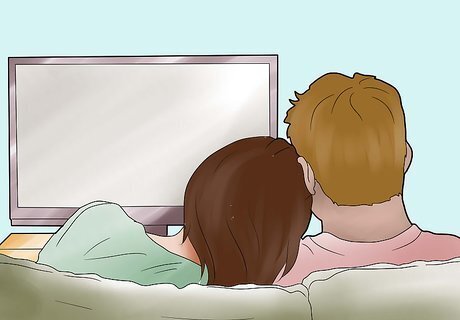
Play on a team together. This means that you both are focused on making things work for your relationship. You don’t work for your own wants or needs, instead you focus on the good of your shared life. For example, instead of watching your favorite TV show alone, rent a movie and buy popcorn. Spend the evening enjoying each other and having real conversations.













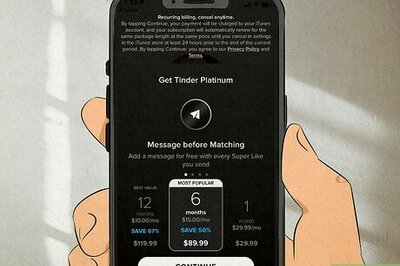

Comments
0 comment